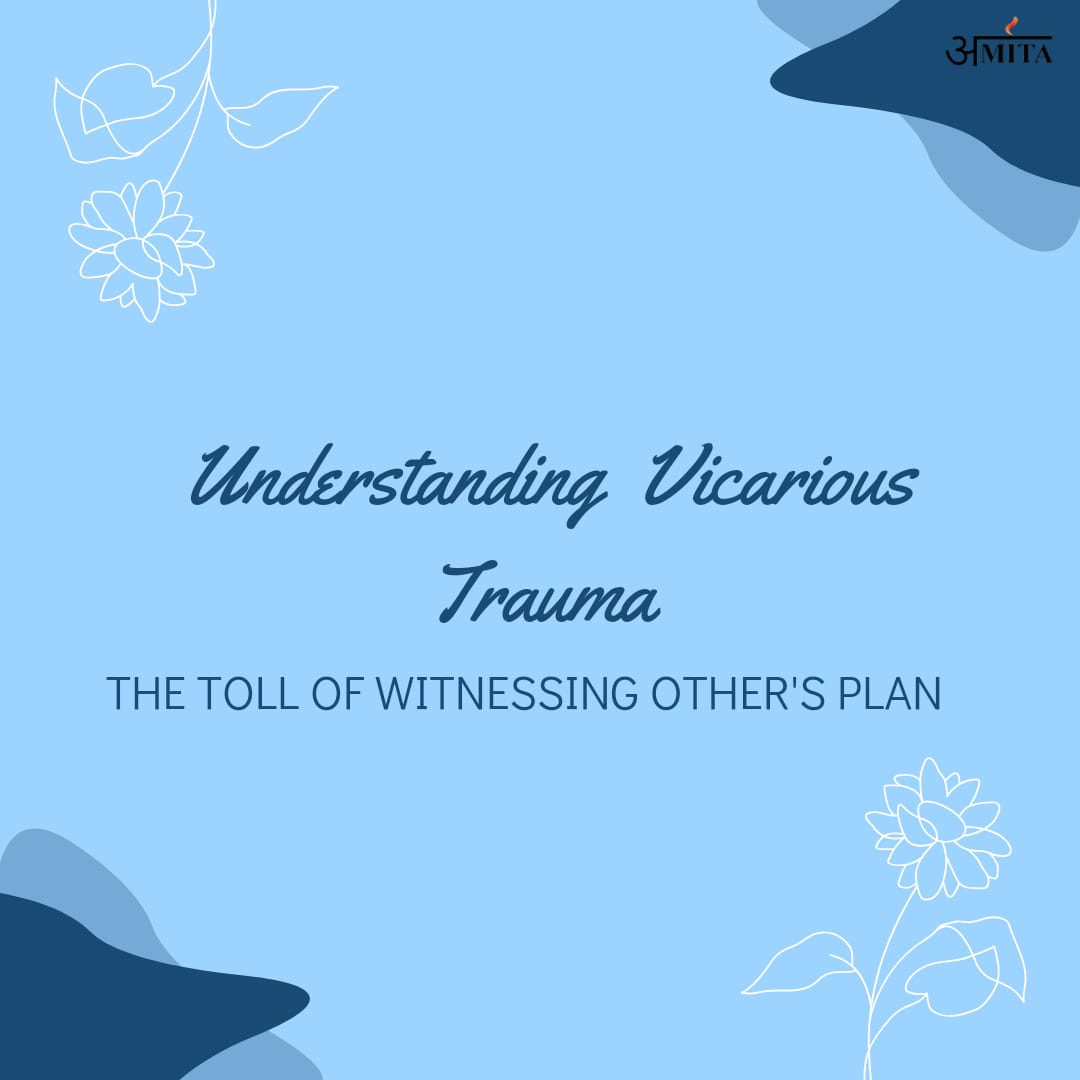
We often think of trauma as a personal experience, a wound inflicted directly upon ourselves. But the scars of trauma can travel further, leaving their mark on those who witness the suffering of others. This phenomenon is known as vicarious trauma.
Imagine a journalist interviewing refugees who have escaped war. Over time, the journalist may start experiencing symptoms like anxiety, depression, or nightmares – echoes of the trauma they’ve heard about. This is vicarious trauma in action.
More Than Just Sympathy
Vicarious trauma differs from simple empathy or feeling sorry for someone. It’s a deeper, more lasting impact that can affect anyone who is regularly exposed to the details of other people’s traumas. This can include:
- Social workers and therapists who work directly with trauma survivors.
- First responders like firefighters and paramedics who witness the aftermath of violence or accidents.
- Journalists who cover war zones or other tragedies.
- Even friends and family members who support loved ones going through difficult experiences.
The Invisible Wound
Vicarious trauma can manifest in several ways:
- Emotional exhaustion: Feeling overwhelmed by the constant exposure to suffering.
- Compassion fatigue: A loss of motivation or ability to care due to emotional overload.
- Intrusive thoughts: Flashbacks or nightmares related to the trauma you’ve heard about.
- Changes in worldview: Feeling cynical or hopeless about the world due to the darkness you’ve witnessed.
Protecting Yourself from the Empathy Echo
While empathy is crucial in helping professions, it’s vital to establish boundaries to protect your own well-being. Here’s how:
- Self-care: Prioritize activities that promote relaxation and emotional resilience, like exercise, spending time in nature, and mindfulness practices.
- Maintain healthy boundaries: Learn to say no and limit exposure to graphic details when necessary.
- Seek support: Talk to a therapist or counselor who understands vicarious trauma.
- Celebrate the victories: Focus on the positive impact you make in the lives of others.
Remember: You are not alone. Vicarious trauma is a real phenomenon, and there are steps you can take to protect yourself and continue offering support to those in need. By taking care of yourself, you become a stronger beacon of hope for others.
Kanishka
